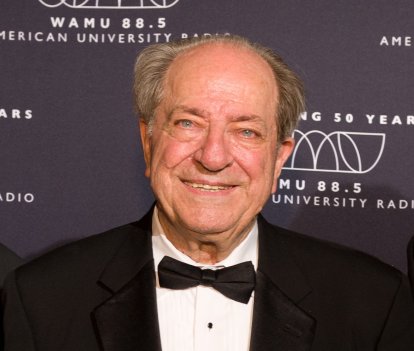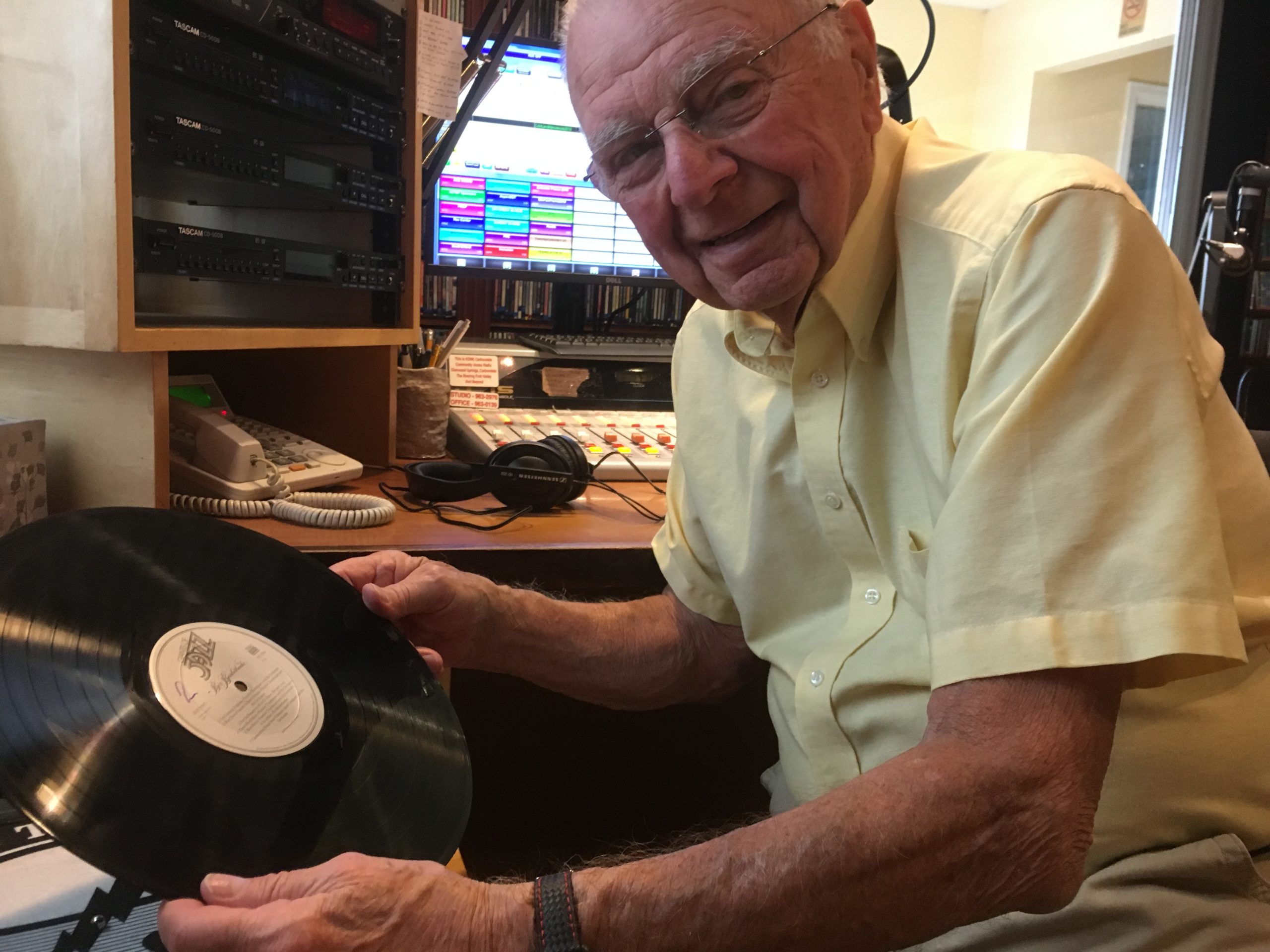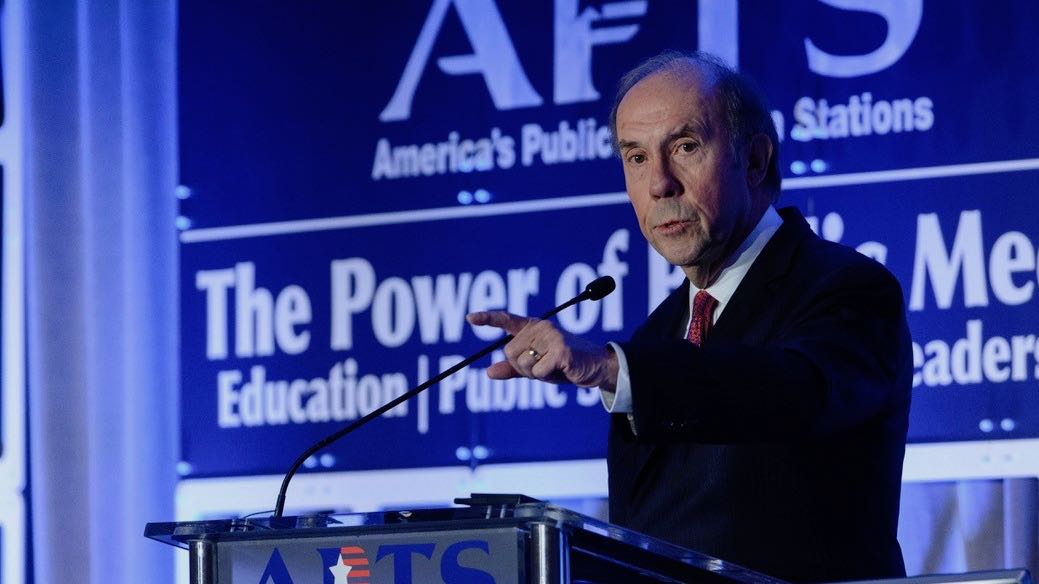Don Quayle, NPR’s first president, dies at 84

Quayle. (Photo: WAMU/Sam Kittner)
Don Quayle, who got NPR off the ground as its first president in 1970, died April 17 of complications from brain surgery at a hospital in Silver Spring, Md., according to the Washington Post. He was 84.
Quayle kick-started NPR at a time when television was the innovative medium of the day, not radio. At the time, the presidency of NPR was a job “nobody particularly wanted,” said Jack Mitchell, Quayle’s first hire at NPR and a professor at the University of Wisconsin-Madison.
Quayle’s vision for NPR was to provide “excellence and diversity to noncommercial radio,” he said in a 1971 Billboard article.
He did that, in part, Mitchell said, by acting as the “adult figure” at the network, hiring a “highly creative group of young people” that would shape the direction of NPR and go on to create All Things Considered under his tenure, which lasted until 1973.
“He had no great vision of what the programming should be . . . [NPR] became a highly creative and fluid organization,” Mitchell said. “In the beginning, it could have been almost anything. He didn’t dictate anything. He allowed people to try things.”
“He provided the structure within which we could work effectively,” said Bill Siemering, who worked under Quayle as NPR’s first programming director, in an email. “He was patient during the first rocky months of starting All Things Considered and his trust that it would get better was invaluable.”
“He got [NPR] going,” Mitchell said. “And given the very weak state of educational radio [at the time], just getting it going was amazing.”
NPR was “very fortunate that we had him as the first president,” Mitchell said.
Before getting tapped to lead NPR, Quayle worked for CPB not long after it was established by the Public Broadcasting Act of 1967. Before that, he helped establish what would later become Utah Public Radio as a student at Utah State University in Logan. He then went on to be a program manager at WOSU in Columbus, Ohio, and station manager at WGBH in Boston, according to the Herald Journal. Before working at NPR, he also worked at the Eastern Educational Network.
After leaving NPR in 1973, he rejoined CPB as a senior vice present and went on to become vice president for administration at WETA in Arlington, Va., before retiring in 1989, according to the Post.
Mitchell described Quayle as “quite thoughtful and very warm.” “I always said, if you ever have a flat tire on the Pennsylvania Turnpike at night in the rain, give him a call,” he said. “He’ll come fix it.”
Quayle is preceded in death by his wife Yvonne Rich, the Post said, and is survived by five children: Sharla Hellie, Debra Quayle, Karen Hall, Kathleen Specht and Bryce Quayle; a sister; 13 grandchildren; and 10 great-grandchildren.









